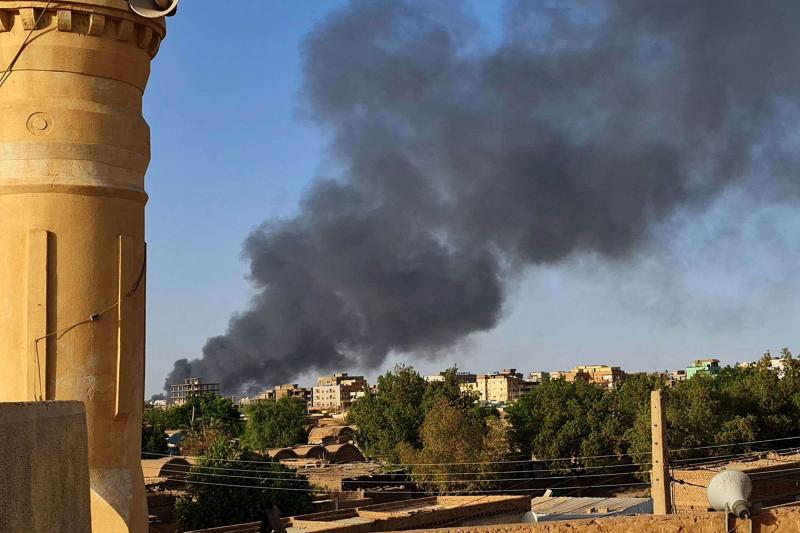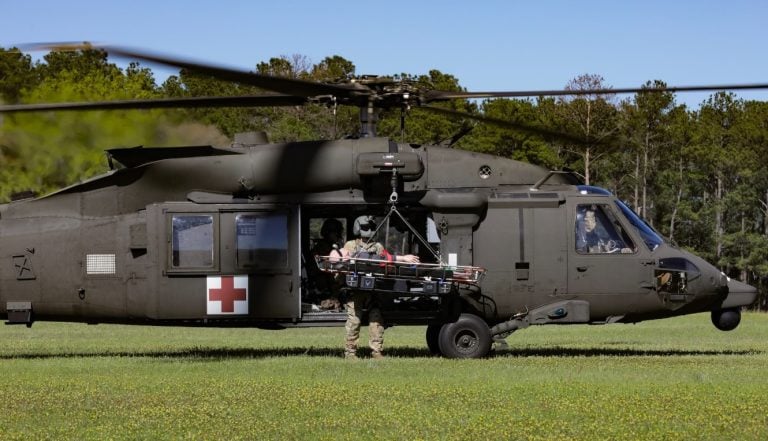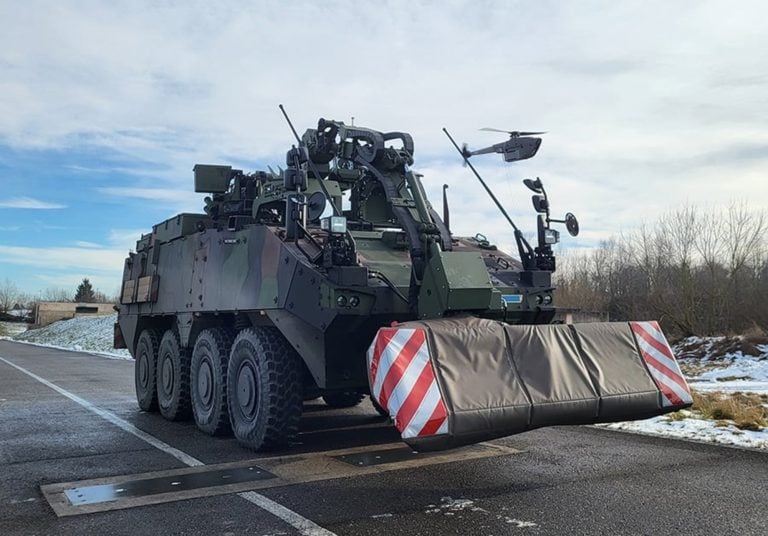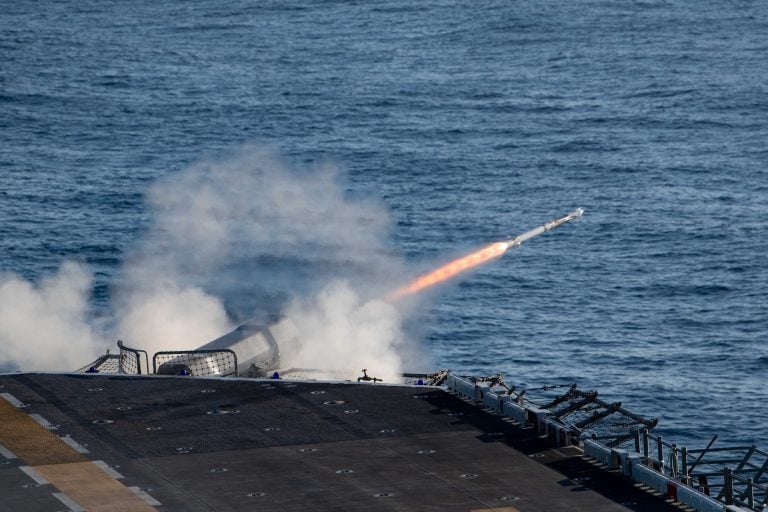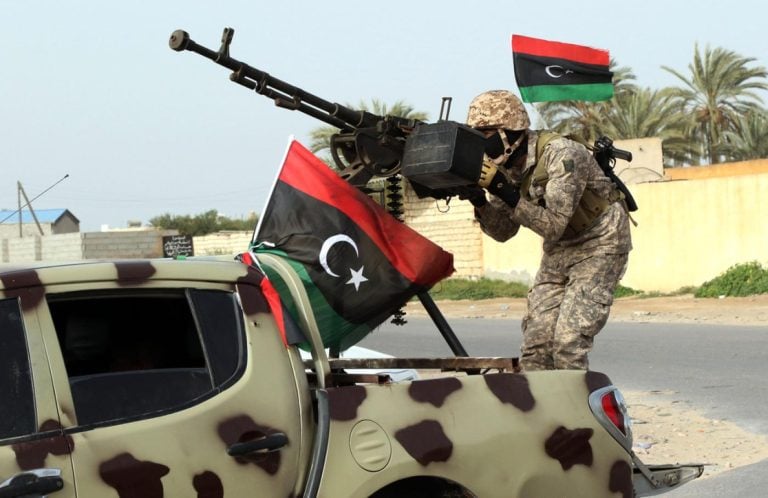A deadly drone and artillery attack targeted a displacement camp in El-Fasher, Sudan, resulting in at least 60 fatalities, according to local activists. This incident on Saturday marks an escalation in the conflict, as the paramilitary Rapid Support Forces (RSF) ramp up their offensive in the besieged western city.
The resistance committee from El-Fasher reported that the RSF struck the Dar al-Arqam displacement center, located within a university’s grounds. The committee lamented that “children, women, and the elderly were killed in cold blood, and many were completely burned.” They emphasized that the situation in the city has deteriorated to a catastrophic level, describing it as a “genocide” while criticizing global indifference to their plight.
Initially, the death toll was reported at 30, but as recovery efforts continued, the committee updated the number to 60, noting that bodies remained trapped under debris. The local resistance committees play a crucial role in coordinating aid and documenting atrocities amid the ongoing conflict.
The RSF has been engaged in combat with Sudan’s regular army since April 2023, resulting in tens of thousands of deaths and displacing millions. The conflict has also contributed to acute hunger for nearly 25 million people across the country. El-Fasher, the last state capital in Darfur not under RSF control, has become a key battleground as the paramilitary forces seek to solidify their dominance in the region.
International reactions to the violence have been severe. The United Nations High Commissioner for Human Rights, Volker Turk, expressed his horror at the RSF’s latest actions, which appear to include ethnic targeting of civilians, leading to summary executions. He condemned the ongoing assaults on civilians and civilian infrastructure, urging an immediate cessation of these attacks.
Activists have described El-Fasher as “an open-air morgue,” where the civilian population, numbering around 400,000, faces dire humanitarian conditions. Nearly 18 months into the RSF’s siege of the city, essential supplies have dwindled. Basic necessities, such as animal feed, have become scarce, with prices soaring to hundreds of dollars for even small quantities.
The closure of the majority of the city’s soup kitchens due to food shortages has exacerbated the humanitarian crisis. Recent attacks in El-Fasher included an artillery strike on a mosque that left 13 displaced families dead, and continued assaults on El-Fasher Hospital have killed at least 20 individuals seeking medical care.
World Health Organization chief Tedros Adhanom Ghebreyesus has called for urgent protection of health facilities and humanitarian access to assist health workers and patients in need. The majority of hospitals in El-Fasher have faced repeated bombardment and have been forced to close their doors, leaving about 80 percent of those needing medical attention without access to care.
In a tragic escalation last month, a single drone strike on a mosque killed 75 individuals. According to UN data, over one million people have fled El-Fasher since the outbreak of hostilities, constituting 10 percent of the total internally displaced population in Sudan. The city’s population has plummeted by approximately 62 percent, indicating the severe toll the conflict has taken.
As residents cope with daily bombardments, many are forced to seek refuge underground in hastily constructed bunkers. Should the RSF gain control of El-Fasher, they would command the entire Darfur region, posing a significant threat to the stability of the area as the regular army retains control over northern, central, and eastern Sudan.
